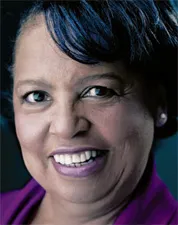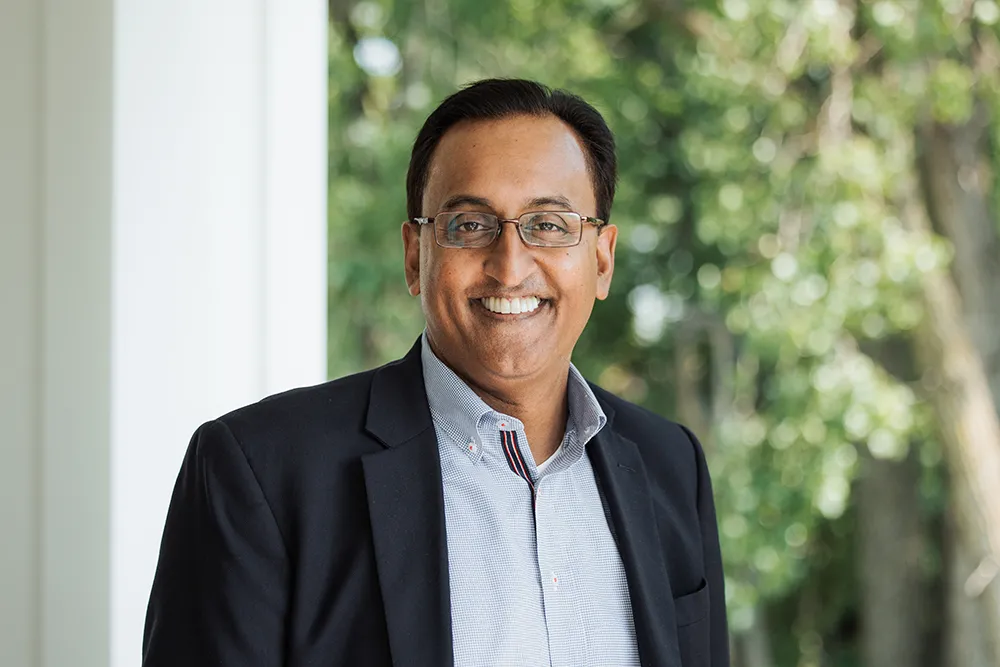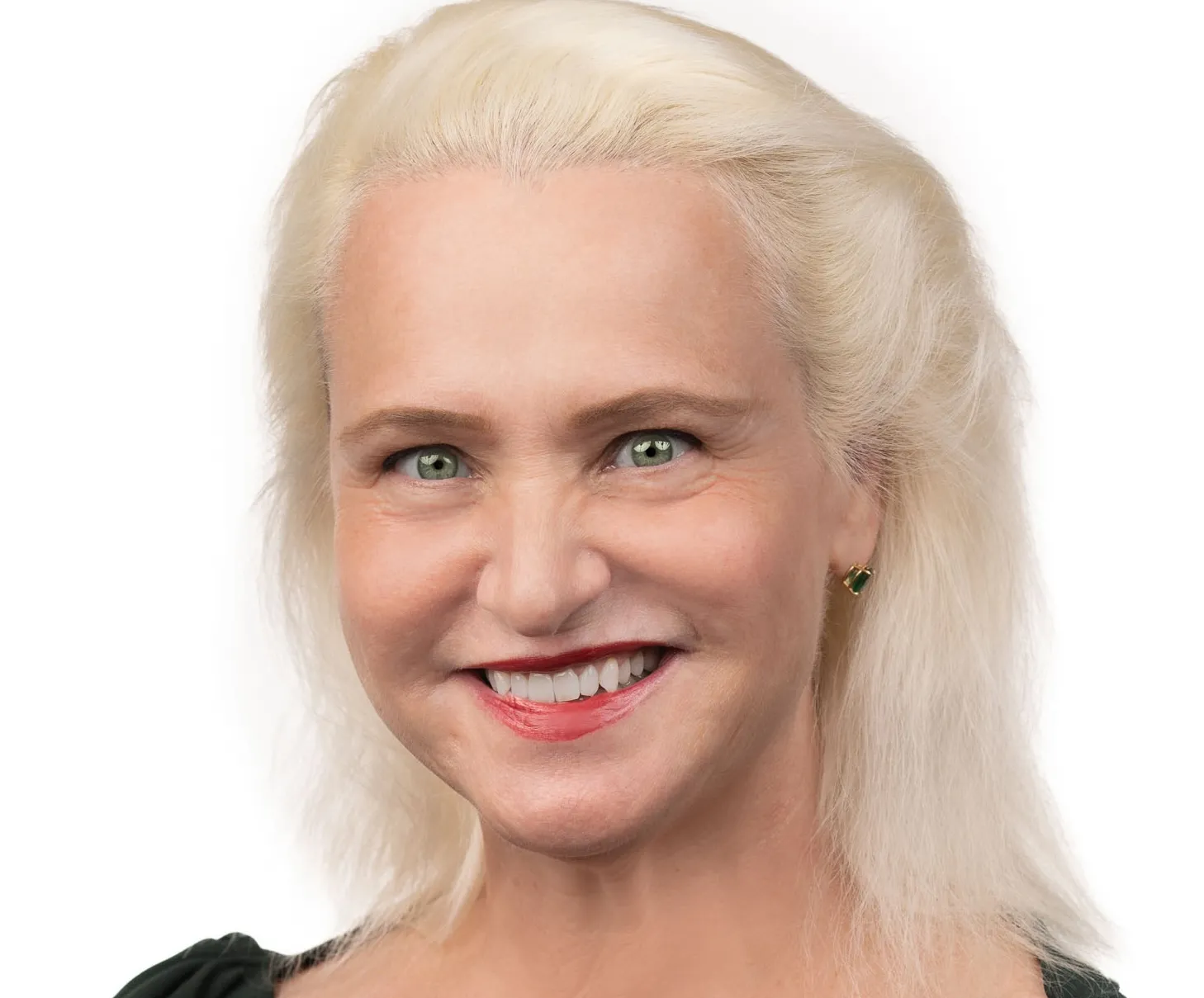Lillian Johnson ’75: Putting “the Power of the Law” to Work in Her Community

Last year Lillian Johnson, ’75, who for thirty years has been executive director of Arizona’s largest nonprofit civil legal aid program, was honored by the Obama administration as a “Champion of Change.” The award recognizes “ordinary Americans who are doing extraordinary things in their communities to out-innovate, out-educate, and out-build the rest of the world.”
Her distinguished career began, as Johnson tells it, with The Beverly Hillbillies. Growing up in Oklahoma, she saw oil derricks everywhere, but unlike the Hillbillies clan, her family and those around her were very far from being wealthy. When she was in seventh grade, she asked an attorney about this discrepancy during her school’s career day. He crisply explained the difference between property rights and mineral rights, concluding his brief oration with the words, “That is the power of the law.”
“I was impressed by that man as a lawyer,” Johnson recalls. “By how easily he could explain what seemed to me like a deep mystery. And I wanted that power, the power of the law, to be on the side of people like me, my family, and others in my community.”
At Howard University, she immersed herself in the life of Washington, D.C., and she volunteered at a church-based social service center. “In the larger view, I could see so much of our country’s promise,” she remembers, “while every day I also saw, face to face, what happens to that promise when people don’t have access to the justice system.” From Howard she became an assistant dean at Middlebury College, where among other things she installed new programs for minority students and assisted students with career planning.
Her time at the Law School solidified her commitments and further expanded her horizons. She says, “From the first day, it was amazing. There was considerable ferment at that time about the place of women at the Law School, and that inspired me. The faculty was wonderful, particularly Soia Mentschikoff, who really helped young students understand what it means to be a lawyer.
The Mandel Legal Aid Clinic handled some landmark cases that I was lucky to be part of. And being in the true heart of Chicago was much like my experience of being in D.C.: so much promise and so much left to do. Everything about my experience at the Law School positively affected what I have been able to accomplish since then.”
In one of her first cases at the Clinic, she represented a couple whose television repair bill had leapt without explanation from around 25 dollars to around 60 dollars. Since the couple couldn’t pay, the repair shop was holding on to their television set. The issue was quickly resolved when Johnson made a phone call to the shop mentioning the possibility of legal action. “That’s the power of the law,” she remembered.
Her view of the form that her legal service should take was also shaped by an experience during law school, when she was working with tenant associations and was paired with a highly regarded community advocate named Robert Wright. At a meeting, a tenant asked Johnson what the group should do. Before Johnson could reply, Wright intervened and told the questioner, “That’s for all of you to decide.” She and Wright later married, and the lesson that, as she puts it, “Lawyers are servants—we serve clients” has, like Wright, remained with her ever since.
After she graduated, she worked for some years at the Legal Assistance Foundation of Chicago and then served as Assistant to the Regional Director in the 10-state Midwest office of the Legal Services Corporation. In 1982 she accepted the offer that placed her in her current executive director position at Community Legal Service (CLS).
Based in Phoenix, CLS has nearly tripled its budget under Johnson’s leadership and now has offices in five counties as well as separate offices to address issues such as the rights of migrant farmworkers. Her most important accomplishment, she says, has been to help make access to justice a mainstream issue.
“The legal community here has really stepped up to the plate with great vision,” she says. “Each year more and more lawyers volunteer their time with us to help poor people obtain justice. And there’s also an increasing appreciation of the need for broader advocacy where the legal system is inadequate to a problem. This is the kind of change I’m proud to help bring about.”


